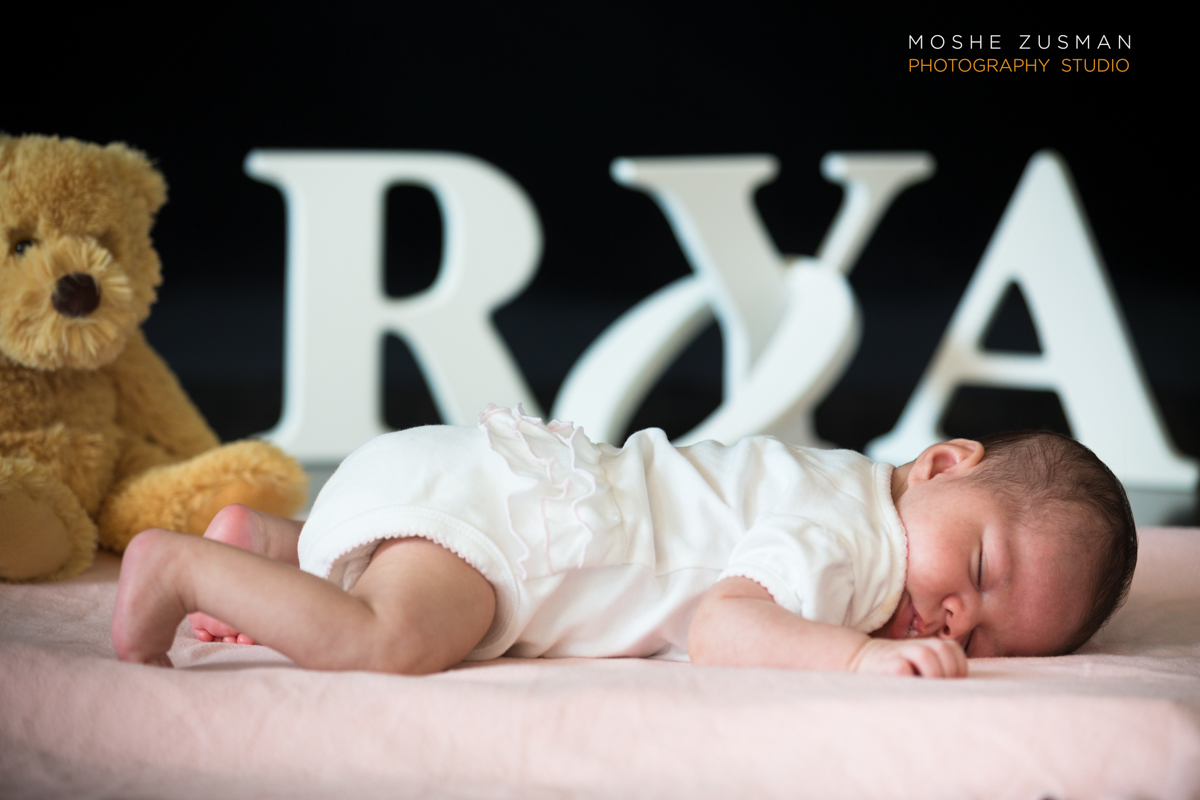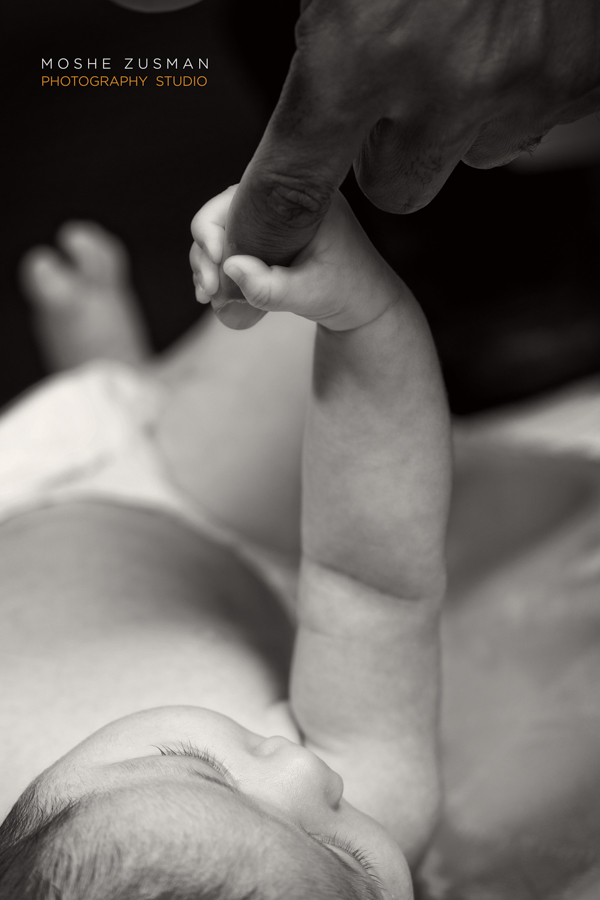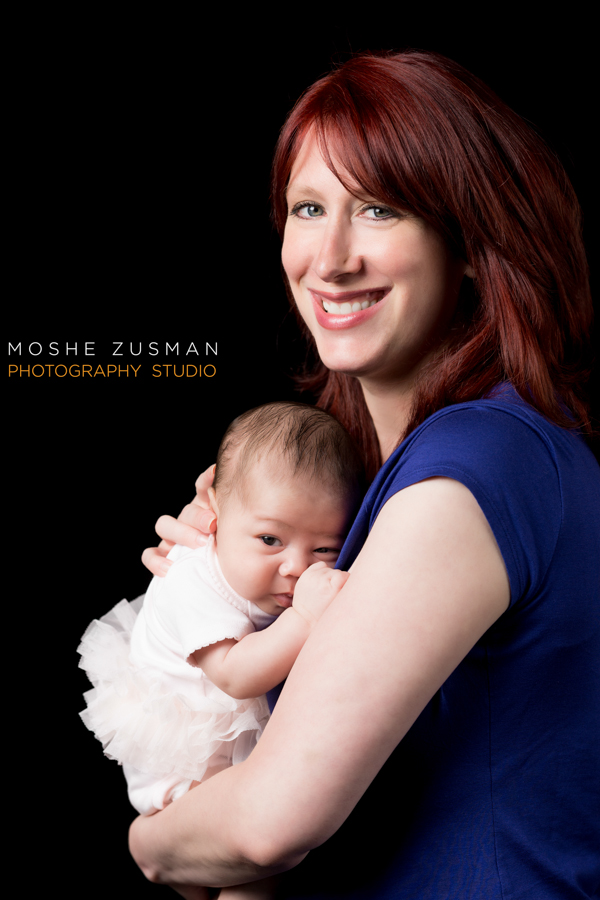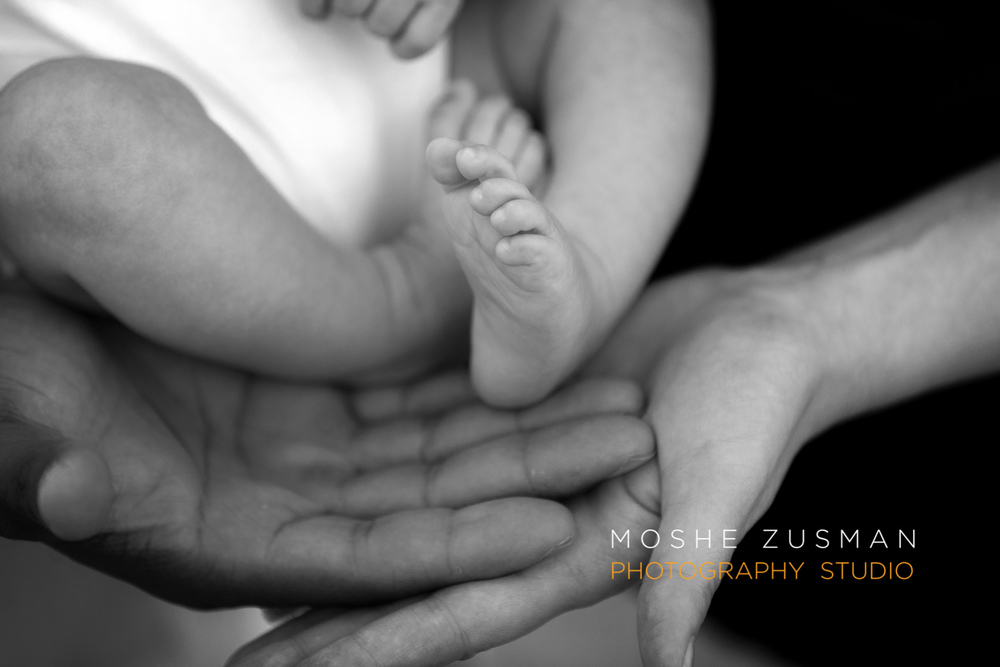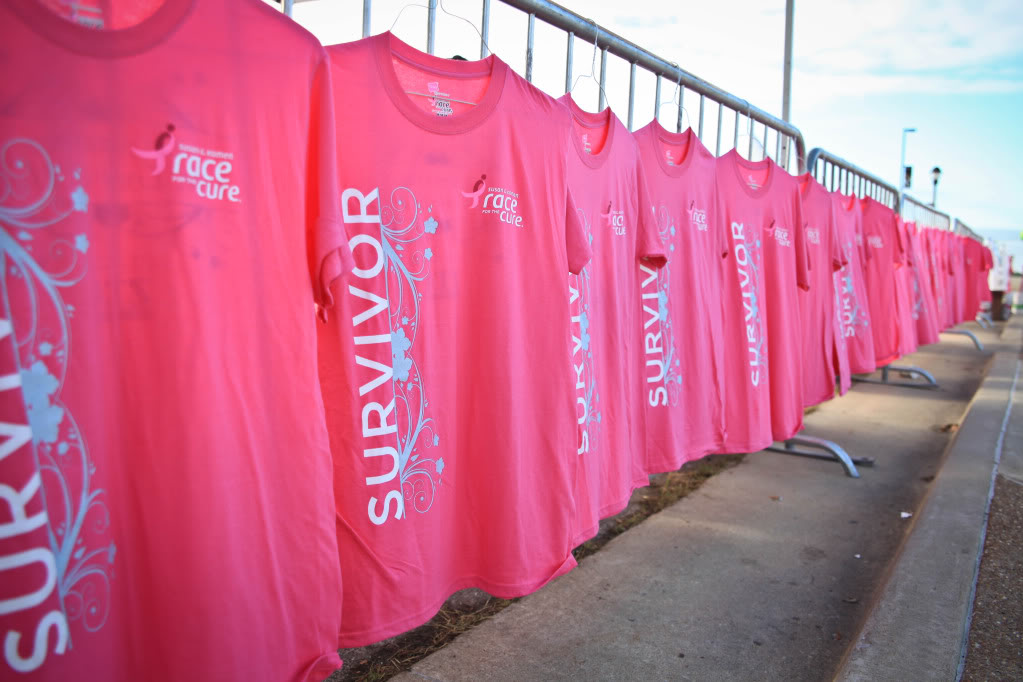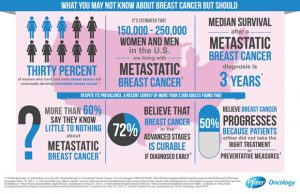I used to think Breast Cancer Awareness Month was a good thing. We need to raise awareness…to encourage dialogue about breast cancer…to reaffirm our commitment to saving second base! That’s no longer the case.
Pink products and pink-themed fundraisers associated with Breast Cancer Industry Month represent money given to people and organizations that are not necessarily committed to finding a cure or helping those dealing with this disease.
Interested in buying a pink product?
Here are my tips for how to think before you pink, as Breast Cancer Action implores!
- Is the product a safe product? (A pink ribbon on a gun doesn’t change the fact that a gun is a weapon. Likewise, if there’s a connection between breast cancer and obesity, a campaign involving a pink tub of fried chicken doesn’t make a lot of sense.)
- Does the product contain toxic ingredients linked to cancer? (These are especially common in bath and body products, including perfume, lipstick and lotion.)
- Is it clear where the money raised from this product is going? Is a specific charity listed as the beneficiary of all funds raised? (Prior to my diagnosis, I bought checks and address labels with the pink ribbon on it. I have no idea which organization was the beneficiary.)
- How much of the money goes to the cause? Is there a cap on how much the company will donate? Or, is this all just a smart marketing campaign to seem altruistic, while raising corporate profits?
- Is there a guarantee that the money is going to the cause? Does this corporation have a successful cause marketing record in the past?
Apply a similar check list to Pinktober events designed to raise money for the cause.
- When you buy a ticket to an event or make a donation to a breast cancer organization, how much of your money is going to what exactly?
- Is the organization transparent and diligent with respect to its financial records and reporting?
- For organizations focused on the rather nebullous “raising awareness,” what does awareness consist of?
- How much money goes to event expenses, overhead and salaries?
- Are there patients and survivors at these events as a testament to how the organization has directly helped them?
What are your thoughts about Breast Cancer Awareness Month? How do you decide which pink products to buy and which organizations to support?
For more information before you buy pink or participate in a walk related to breast cancer awareness or research, check out Think Before You Pink! here.
